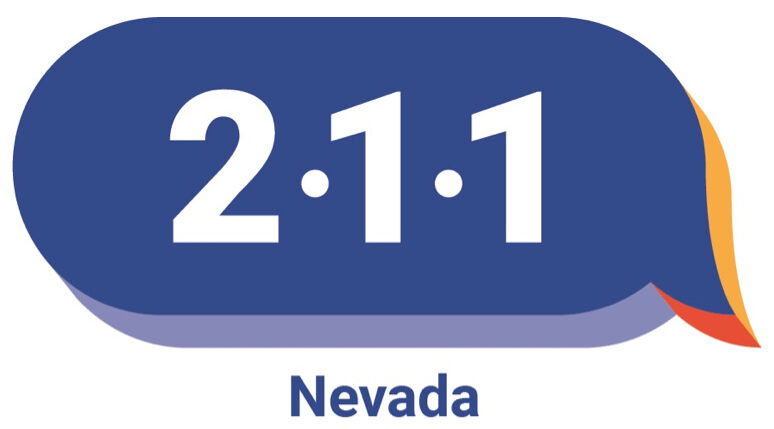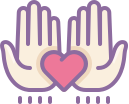Nevada 211
Helping Nevadans Connect With Services They Need
Don’t risk a gap in Medicaid or CHIP coverage. Update your address today »
EXPLORE NEVADA 211 RESOURCES
Nevada 211
Helping Nevadans Connect With Services They Need
Don’t risk a gap in your Medicaid or CHIP coverage. Update your address today »
Can’t Find What You’re Looking For?
Use The Quick Search Tool.
I need help with ...
Finding a place to sleep tonight ›
Getting alcohol or substance abuse treatment ›
Feeling depressed and need someone to talk to ›
Finding mental health services for my child ›
Finding shelter because of domestic violence in my home ›
Finding transportation to a medical appointment ›
Finding volunteer opportunities ›
Nevada 211 Mission Statement
Our vision is to empower all Nevadans to achieve optimal self-sufficiency, health and well-being.
Our mission is to connect all individuals, families, and providers to essential health and human services information and resources.





 Addiction
Addiction 